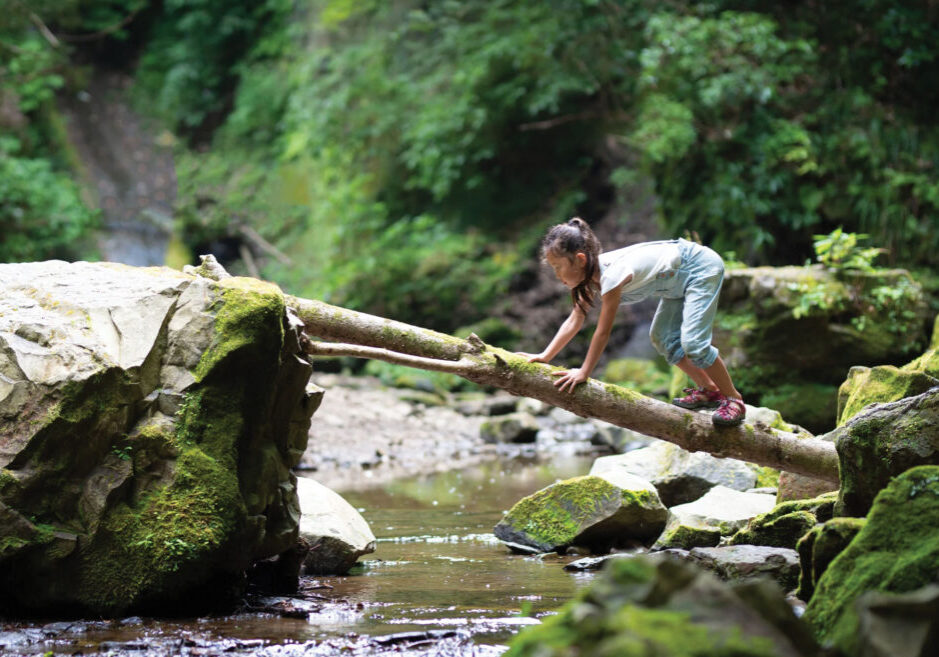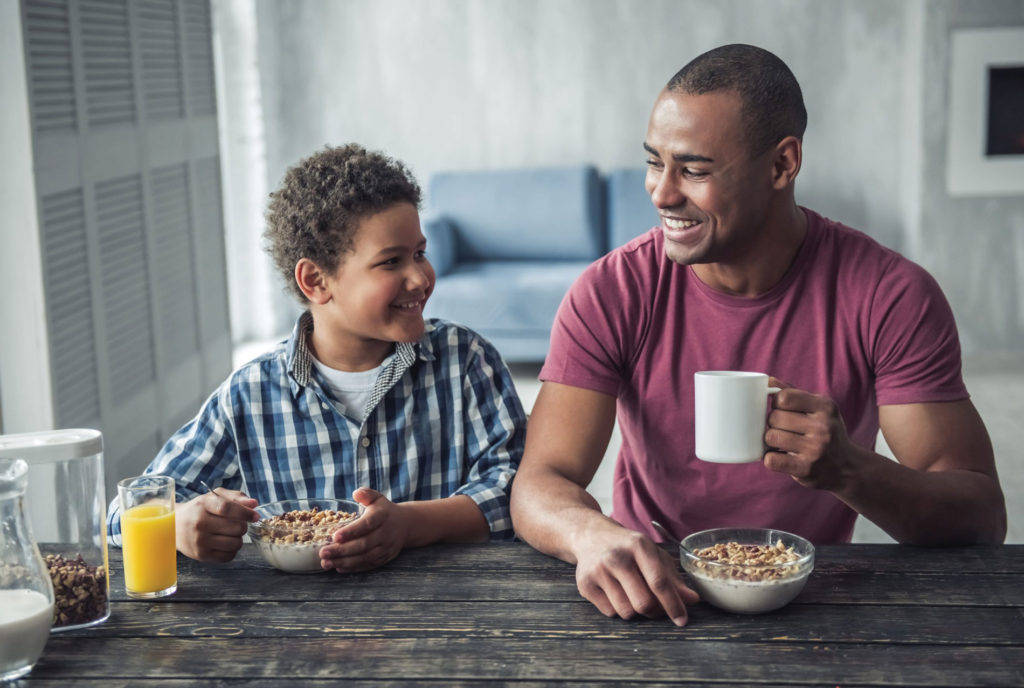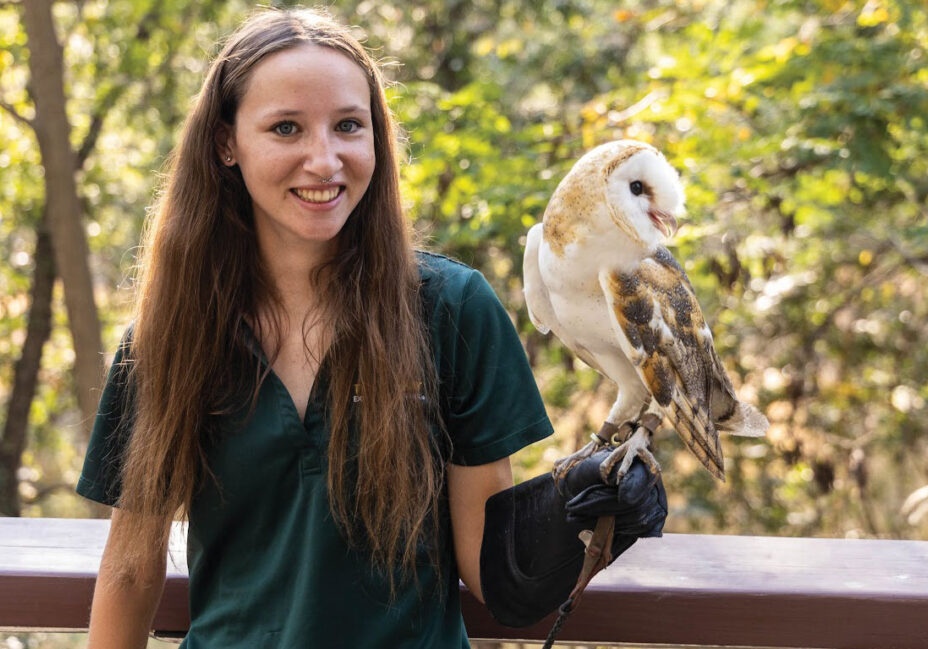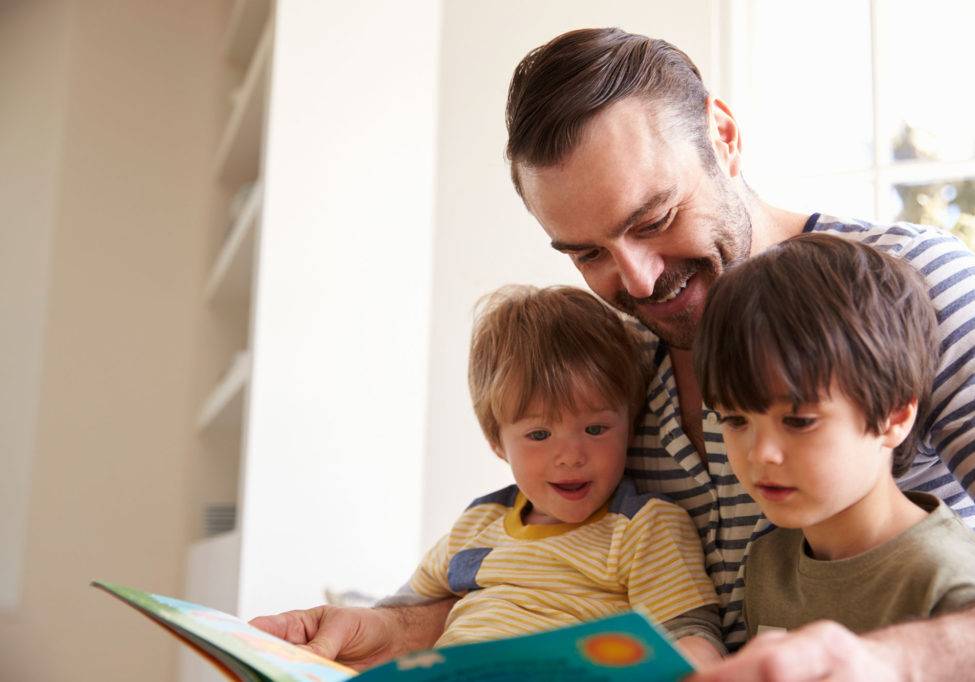Communicating can be a challenge in any relationship and when it comes to our kids it can be challenging to get them talking, especially when it comes to difficult topics. Every parent wants a healthy and open relationship with their children. How can you foster a relationship that encourages your children to share the ups and downs of their daily life?
Ask specific questions
When your child comes home from school and you ask “How was your day?” you may get the quick answer of “Fine.” and nothing else. Try to ask specific questions like “How did the math test go?” or “Who did you sit with at lunch today?” Listen to your child and ask follow up questions when possible. Roe Hunter, a marriage and family counselor, says, “I suggest that you ask a question like “How are you today?” and then wait patiently. Allow for silence to feel uncomfortable. If the child is quietly thinking, wait some more.” Giving kids the time to speak when they are ready is key.
Show interest in what they love
“It is important to be aware and actively listen to your child,” Hunter says. “Tune into their desires, needs, wants and interests. Ask engaging and curious questions about what interests them.” When you show your child that you are interested in what excites them you are actually showing them you are interested in them as a person. We may not be thrilled by the latest toy craze, video game, or sports statistics but when we show kids we are interested in what they say and are really listening to them, it makes opening up about other, more difficult, topics easier in the future.
Be a safe place
Kids share when they feel secure and comfortable. “In order to get a kid to open up regardless of age, you must embody safety,” Hunter says. “Safe people are Secure. Aware. Forgiving. Empathetic.” When your child shares something that surprises you, remain calm. Listen and try to be understanding. Overreacting or becoming angry will cause the child to shut down.
Build a relationship over time
Parents begin building their relationships with kids from infancy. Your reactions to situations and relationships with others show your child how you will respond to them. Hunter says, “Getting kids to open up at any age can be challenging. When we model secure attachments not just with our children but with our spouse, friends and family members, children take notice.”
“Quiet kids seem to need a longer period of warming up,” Hunter says. “Give the child the message that this is okay.” Letting your child know you are available when they are ready to talk helps foster communication over time.
Posted in: Youth & Teen
Comment Policy: All viewpoints are welcome, but comments should remain relevant. Personal attacks, profanity, and aggressive behavior are not allowed. No spam, advertising, or promoting of products/services. Please, only use your real name and limit the amount of links submitted in your comment.
You Might Also Like...

Shasta College Celebrates 75 Years of Excellence and a Legacy of Community Service
For 75 years, Shasta College has been honored to serve our North State communities by providing affordable access to higher education. It’s a little dizzying to consider how far we’ve […]

Why Kids Need Risky Play to Thrive
When my youngest daughter learned to ride her bike last summer, my husband and I promptly snapped a photo to document the milestone. In the picture, our daughter looks triumphant, her feet resting comfortably […]

Anger Management: Helping Kids Cool Down
Everyone has to deal with feelings of anger and frustration at times. While these feelings are normal, it is important to teach kids how to appropriately deal with them. Parents […]

Blue Oak Equity & Anti-Racism Task Force Reevaluates Curriculum
Racial inequity and historical narratives As a Waldorf school, Blue Oak Charter School in Chico, CA has always relied heavily on historical narratives from around the world to communicate history, […]





